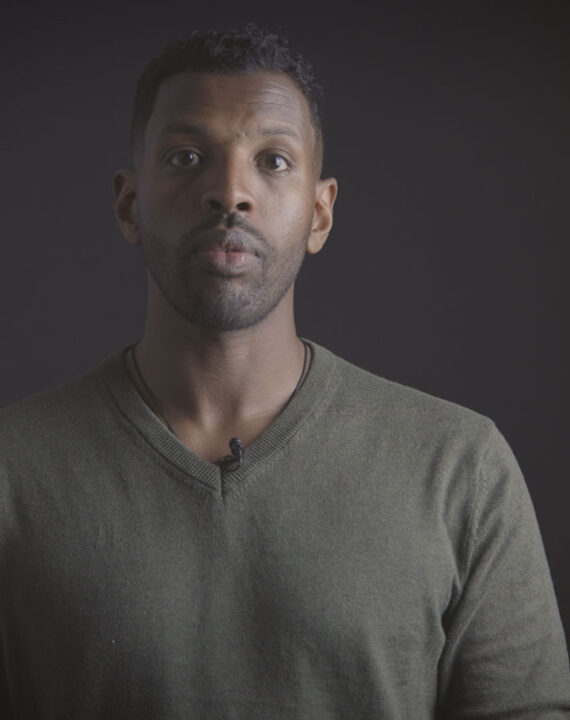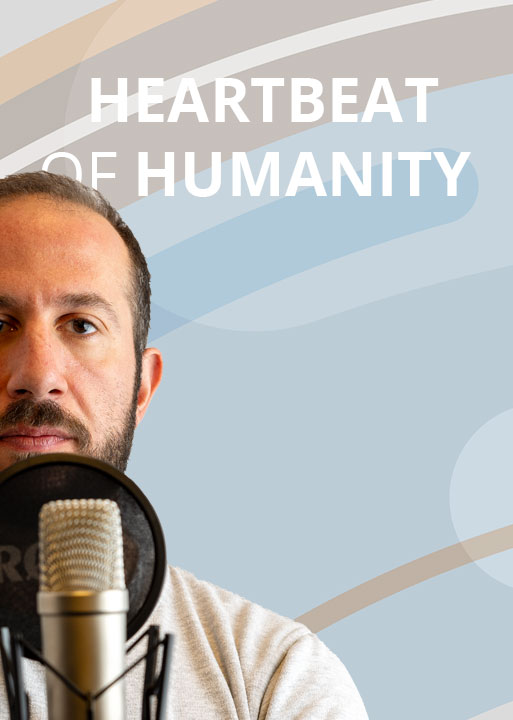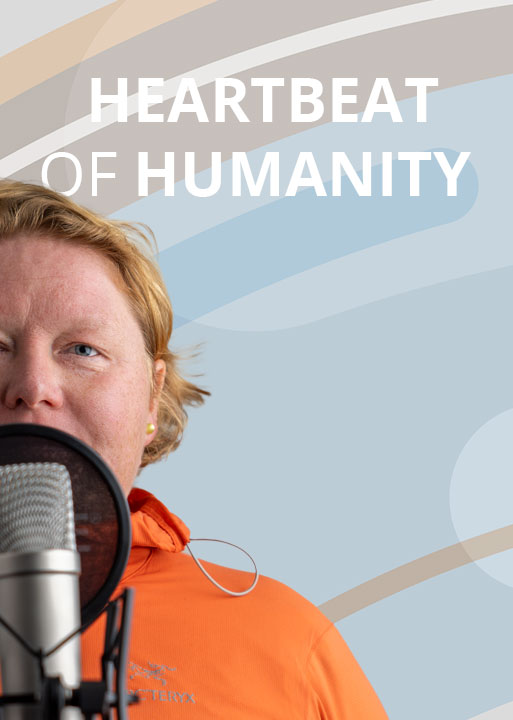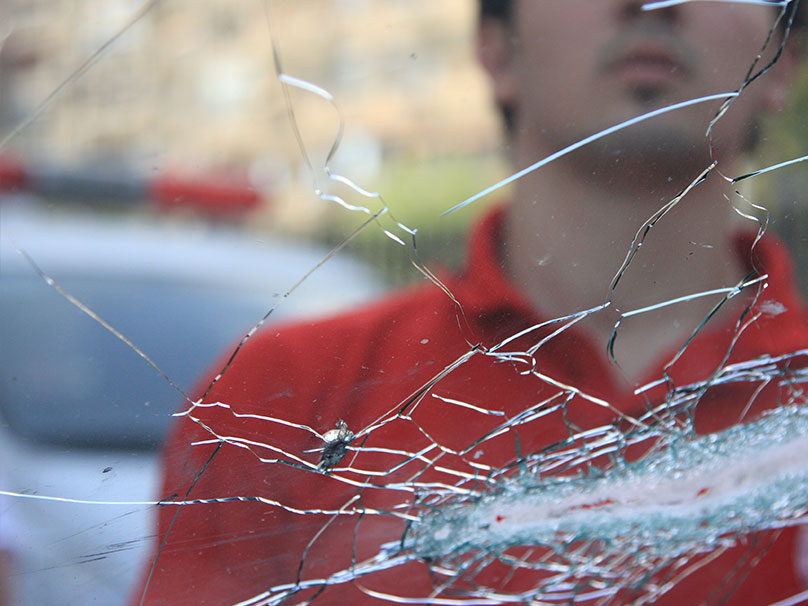Photo by: Ibrahim Malla – SARC
World Humanitarian Day (WHD) 2024 is marked across the globe in the shadow of a record number of 280 humanitarian workers killed in 2023. With 170 killed so far this year and another 150 injured or abducted people risking their lives in the service of humanity continue to be exposed. At the same time and by extension thousands upon thousands of innocent civilians are at risk. Some are killed deliberately by warring parties or considered collateral damage in conflicts across the globe.
On 19th October 2024 the IFRC, the UN and key humanitarian actors, are calling for an end to these violations of human principles and international law. The IFRC do so under the plea “Protect Humanity!” As the IFRC Psychosocial Centre we join that call because we know that too many of our colleagues across the globe have paid the highest price doing exactly that – protecting humanity.
The Red Cross Red Crescent Movement has lost 28 staff members and volunteers this year. On this day we must remember and honor the sacrifices and courage of these men and women and express our solidarity with the families, friends and close colleagues they left behind. We must insist that despite the growing number of casualties, the direct targeting or calculated willingness to risk the lives of humanitarian workers is a crime and can never become normalized.
We have lost colleagues in Sudan, Ethiopia, Algeria, Iran and Palestine in 2024. They were all humanitarians supporting people in need and they will all be missed and mourned by the people they worked alongside of. Nebal Farsakh the media officer and spokesperson for the Palestine Red Crescent Society (PRSC) described how PRSC Director of Youth and Volunteers Hedaya Hamad: “was present at the Amal Hospital until the very last moment; she was a source of support and strength for the volunteers and her colleagues until her last breath”.
In that spirit, as we raise our voices as humanitarians over the loss of our colleagues – we also acknowledge that the Red Cross Red Crescent (RCRC) staff and volunteers delivering support and assistance in volatile regions across the globe will continue to be at risk and will need support. That would include a focus on their mental health and wellbeing. For us at the IFRC Psychosocial Centre caring for staff and volunteers is a key-component of the support we provide.
Many of the RCRC volunteers working in zones of emergencies and armed conflict are exposed to what we define as a triple burden. They are themselves often part of the affected community, they work endless hours to save lives, and in doing their job, they encounter things no human being should have to experience. Today and every day forward we will continue to do all in our power to ensure their access to Mental health and Psychosocial Support in accordance with our mandate and Red Cross Red Crescent policies and strategies.
In memory of the colleagues we have lost, in respect of the colleagues at risk, and in support of all persons, adult and children, in need of humanitarian support – we reiterate the call to protect humanity
Nana Wiedemann, Director IFRC Psychosocial Centre
Relevant sources RCRC and UN:
- International Red Cross and Red Crescent Movement In memoriam
- IFRC Stand with us to Protect Humanity
- United Nations Office for the Coordination of Humanitarian Affairs (OCHA): WHD Campaign site
Relevant sources IFRC PS Centre:






